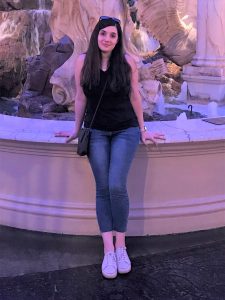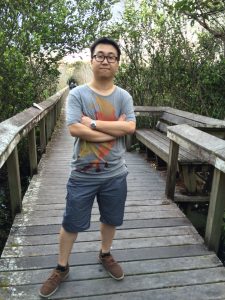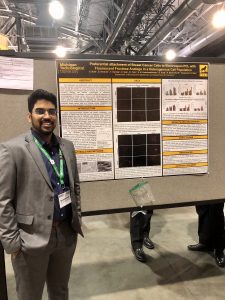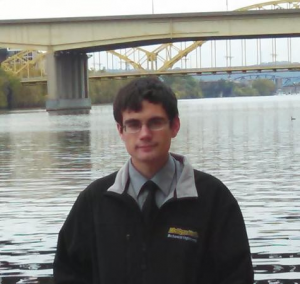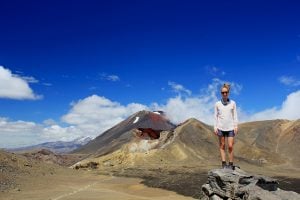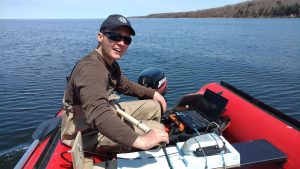Avik Ghosh
Biochemistry and Molecular Biology
 I joined Dr. Tanasova’s Lab as a PhD student in the Department of Biochemistry and Molecular Biology in Fall 2017. My research focuses on exploring the impact of nutritional deprivation in cancer cells. Nutritional deprivation has been of interest to the research community as an approach to sensitize cancer cells towards chemotherapy. While many strategies have been undertaken, it is still not clear whether such an approach can be safely applied to all types of cancers. As a researcher in the Tanasova laboratory, I am aiming to understand the outcomes of fructose deprivation in different cancer types.
I joined Dr. Tanasova’s Lab as a PhD student in the Department of Biochemistry and Molecular Biology in Fall 2017. My research focuses on exploring the impact of nutritional deprivation in cancer cells. Nutritional deprivation has been of interest to the research community as an approach to sensitize cancer cells towards chemotherapy. While many strategies have been undertaken, it is still not clear whether such an approach can be safely applied to all types of cancers. As a researcher in the Tanasova laboratory, I am aiming to understand the outcomes of fructose deprivation in different cancer types.
Our recent development of fluorescent probes that can specifically target cancer-relevant fructose transporter GLUT5 made it possible to conduct targeted studies on assessing the role of this transporter in cancer. Through preliminary assessments, I have found that depriving cancer cells in fructose through GLUT5 inhibition induces different responses in different cancer types. I discovered that in aggressive breast cancer phenotypes, such deprivation causes long-term stress that could positively contribute to the outcome of chemotherapy. In contrast, at an early stage, cancer cells appear to adjust to the induced deprivation and gain resistance. This observed difference provides an essential insight into the diverse nature of cancer and allows us to rationalize the choices of treatment better.
However, considering a required high-level experimental rigor, I still need to perform a large number of experiments that will validate the discovery from different angles. The work will include couple of challenging analyses that are known to be time-consuming and require tuning of conditions to achieve results.
Thus, I sincerely thank Portage Health Fellowship for the support. The award has not only taken care of my tuition/stipend support but also has bought me time from my daily teaching responsibilities to focus on my research better. I would also like to thank my advisor Dr. Marina Tanasova and the Department of Biochemistry and Molecular Biology for the constant support and guidance.
